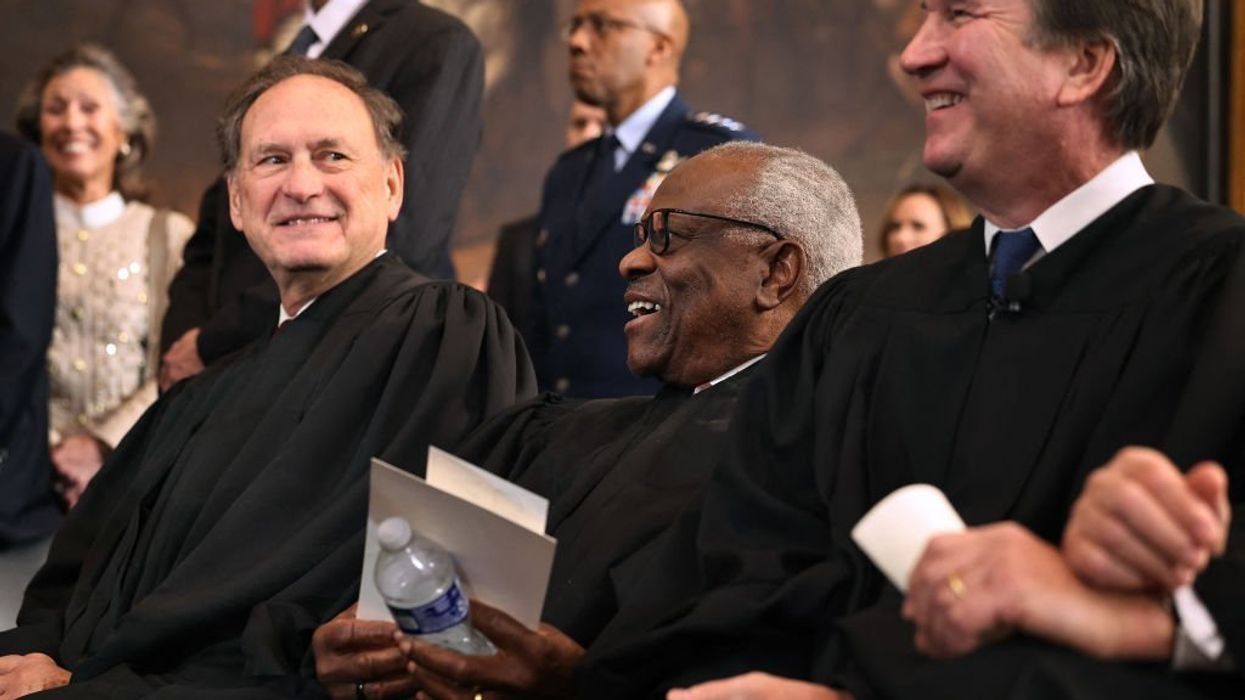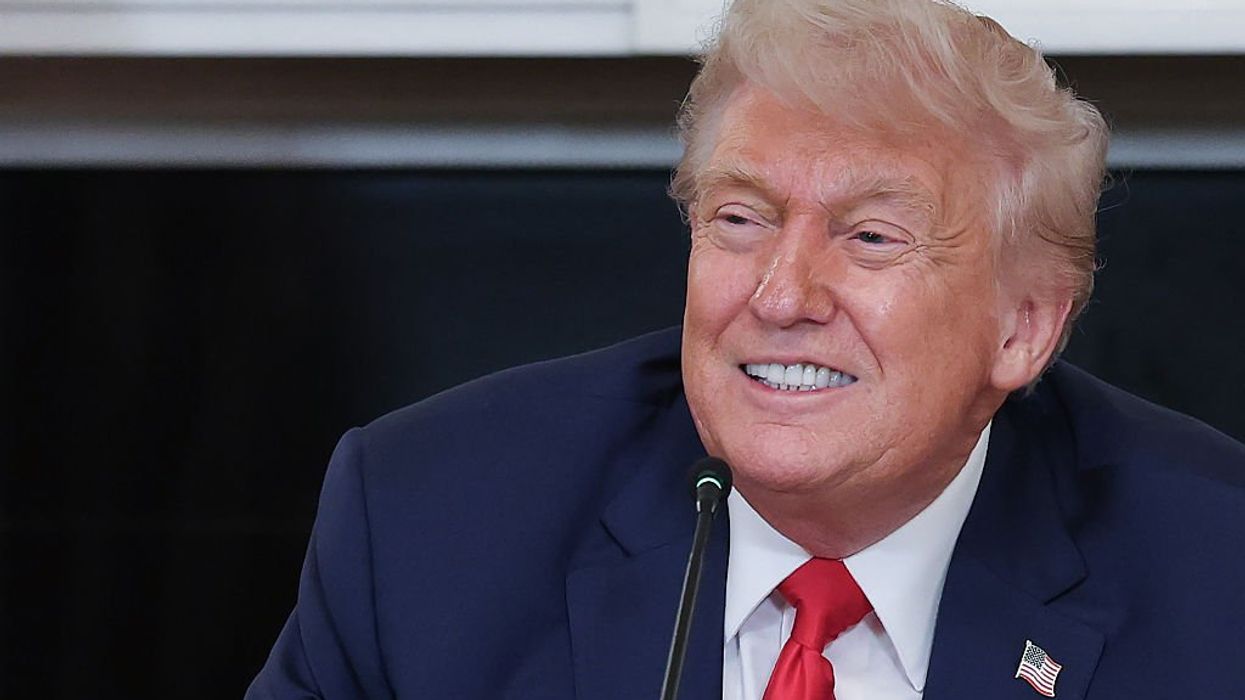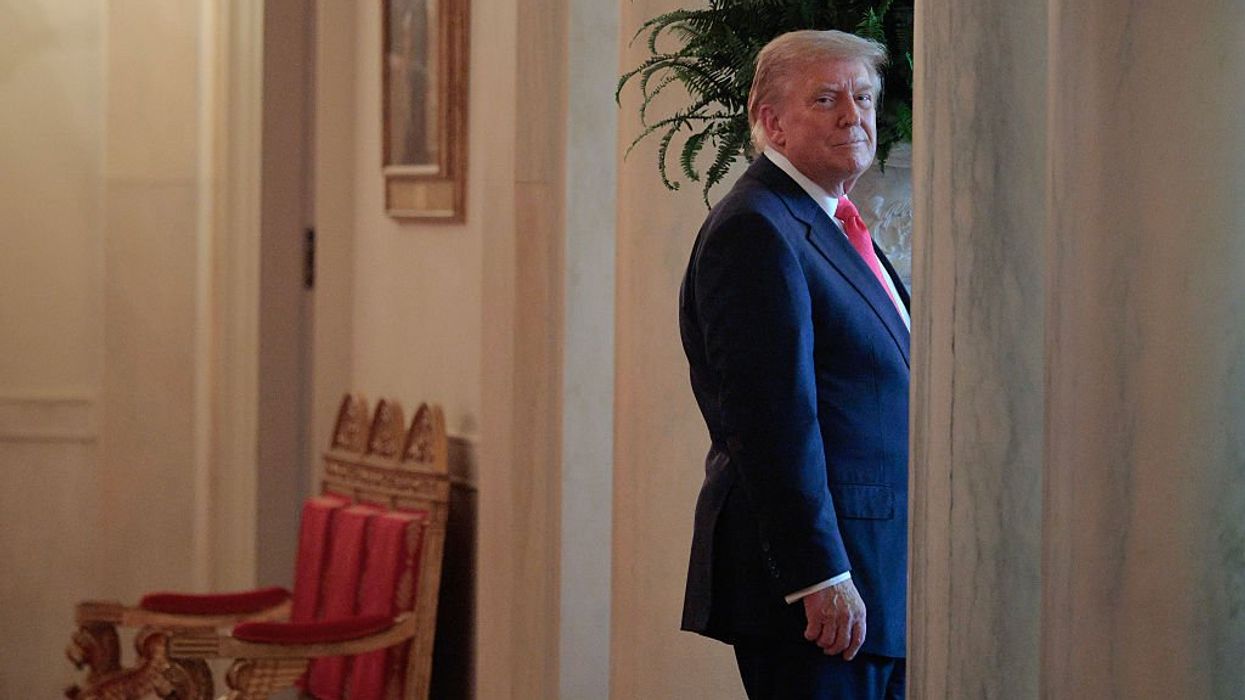
© 2025 Blaze Media LLC. All rights reserved.
Blaze Interviews Author of 'The Miracle of Freedom: Seven Tipping Points That Saved the World
June 10, 2011
"look around and see this miracle of freedom"
 In “The Miracle of Freedom: Seven Tipping Points That Saved the World” Chris and Ted Stewart ask a question: How unusual is freedom in history? The answer may surprise some you. The Stewarts estimate that fewer 5 percent of all people have ever lived under conditions we in the Western World would consider free. The book explores a series of critical events, “obvious forks in the road leading to very different outcomes that resulted in this extraordinary period we live in.” Chris Stewart was as nice enough to talk to me about his new book:
In “The Miracle of Freedom: Seven Tipping Points That Saved the World” Chris and Ted Stewart ask a question: How unusual is freedom in history? The answer may surprise some you. The Stewarts estimate that fewer 5 percent of all people have ever lived under conditions we in the Western World would consider free. The book explores a series of critical events, “obvious forks in the road leading to very different outcomes that resulted in this extraordinary period we live in.” Chris Stewart was as nice enough to talk to me about his new book:
The Blaze: When you write a book that spans a huge swath of history, how do you even begin selecting tipping points worthy of mention?
Chris Stewart: There were probably dozens of other historical events we could have picked and some of them were probably as important as the ones we did select. You just have to limit the scope and create an arch that pulls it all together. We wanted to say, look around and see this miracle of freedom – really, a golden age of freedom. There are so many people out there enjoying this blessing for the first time. We wanted to show readers how they were impacted by events from thousands of years ago and pace ourselves and create connections as we marched forward from ancient times to the Battle of Britain and then more modern times.
The Blaze: Let me be the cynic for moment. Freedom is fleeting and rare and the vast majority of us have never experienced it. What if it's our fault? What if we don’t really appreciate freedom as much as we think we do? Even today, average people are more concerned with safety and stability than they are with liberty. Do you believe freedom is a natural human condition? Or is it rare for a reason?
Stewart: It’s a good point. I believe it is human nature to look around at the world today -- or the world our parents lived in yesterday, or the world we assume our children will live in tomorrow -- and say: well, this is the normal state of the world. Things don’t change. One of the main points of this book is to point out how extraordinarily unique self-governance, liberty -- whatever definition you want to give modern freedom – is in this world. You can talk to historians who specialize in this area. They believe that maybe 4 or 4 ½ percent of us have been able to control our own destinies and lives.
So it is easy to just assume that this is the normal state of the world. But we have example after example of nations that have enjoyed freedom and then saw it recede, or, for reasons you mention, collapse. There are the former Soviet bloc nations: once the Berlin Wall fell most of them marched quickly towards freedom. But since then, many of them fallen back and are increasingly turning away. It’s been documented that there are only 22 nations in existence right now that have been democracies for over 50 years. I think that fact should shock people. For more than two generations there have been only 22 nations that consistently embraced freedom. I think it illustrates pretty clearly that what we have is fragile and that it isn’t necessarily going to last.
The Blaze: I guess that some people would also ask, what does freedom really mean? Were Spartans really free people? Were Christians who fought the Muslims at Poitiers in any sense more liberated than the invaders? Don’t we all have different definitions of freedom?
Stewart: I don’t think you could argue that in some of these case one people were much more free than the other. But I think one of the nations were headed in the right direction and helped developed self-government that makes those moments in history matter. When we look at them in context they are consequential. The seed of idea of freedom was dropped in ancient Greece. They were the ones who developed these ideas – freedom and democracy so on. Though they did not survive those ideas did find the seed bed of Christianity. And it was the idea proposed by Christians – and the Judeo-Christian tradition – that embraces human rights and freedom allowed the focus of many of those those Greek philosophies to take hold.
The Blaze: And today?
There is a fundamental difference between a tradition of Christianity and Islam. The exploration. The reason. The way we value human rights and the importance we put on self-government. Look at any nation that lives under what we consider the Western tradition. It was the tradition many of the people we write about were defending. So at that time, these people didn’t say this is about Christianity or this is about freedom, necessarily, But looking back at it, it’s clear that that was the consequence. We see that battle going on today. It’s continued because more tipping points in history are sure to come again.
Want to leave a tip?
We answer to you. Help keep our content free of advertisers and big tech censorship by leaving a tip today.
Want to join the conversation?
Already a subscriber?
more stories
Sign up for the Blaze newsletter
By signing up, you agree to our Privacy Policy and Terms of Use, and agree to receive content that may sometimes include advertisements. You may opt out at any time.
Related Content
© 2025 Blaze Media LLC. All rights reserved.
Get the stories that matter most delivered directly to your inbox.
By signing up, you agree to our Privacy Policy and Terms of Use, and agree to receive content that may sometimes include advertisements. You may opt out at any time.





